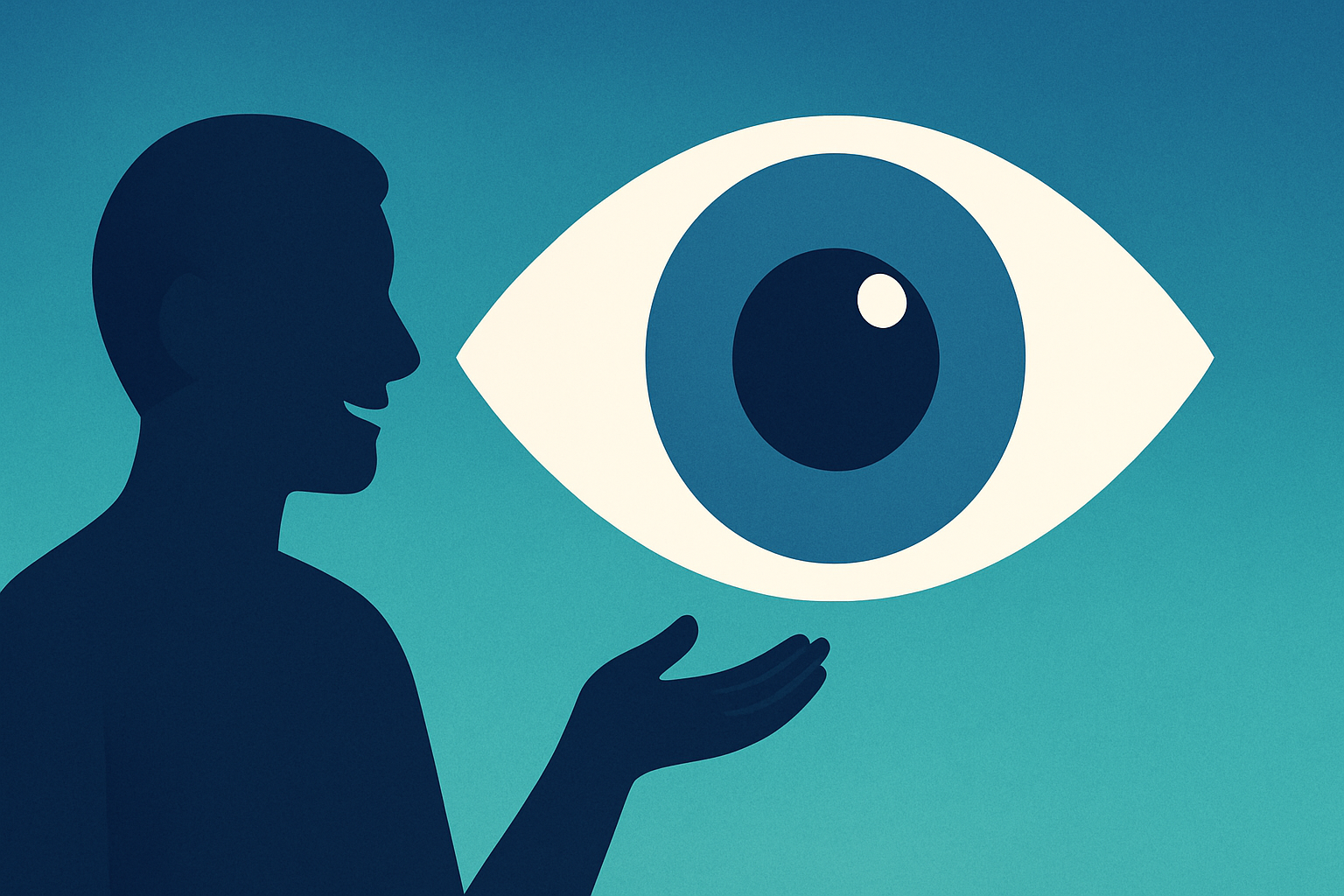Medical Cannabis and CBD for Vision and Eye Health
Retinal occlusion, often referred to as an eye stroke, can be debilitating. Natural treatments for retinal occlusion can support retinal health and alleviate symptoms. Discover how combining natural treatments, lifestyle modifications, and holistic therapies can enhance recovery and reduce future risk.

Introduction
In recent years, medical cannabis and cannabidiol (CBD) have captured the attention of the medical community and the public due to their potential therapeutic benefits. The curiosity and clinical interest are burgeoning, with a focus on how these compounds can improve health outcomes, including CBD for vision. However, despite this growing interest, research in the United States faced significant hurdles for many years due to legal restrictions, as cannabis was long classified as a Schedule I drug. Recently, its reclassification to Schedule III has opened up new avenues for more robust and supportive clinical studies within the U.S., promising an exciting era of expanded research and potential breakthroughs.
Understanding CBD and Its Relation to Vision
CBD is one of many compounds found in cannabis and hemp plants. Unlike its more famous counterpart, tetrahydrocannabinol (THC), CBD does not produce a “high” or psychoactive effects. This key difference makes CBD a more appealing option for medical use, particularly for patients seeking relief without the intoxicating effects.
CBD’s role in vision health is closely tied to the endocannabinoid system (ECS), a complex network of receptors found throughout the body, including the eyes. The ECS plays a crucial role in maintaining homeostasis in various bodily functions, such as immune response, inflammation, and neural protection. For vision, this system’s health is crucial, influencing eye pressure, inflammation, and even the protection of neural pathways.
Benefits of CBD for Vision
Neuroprotection and Antioxidant Properties
CBD has been shown to possess strong neuroprotective and antioxidant properties, which can be beneficial in treating and managing conditions like glaucoma and macular degeneration. These properties help mitigate oxidative stress and protect neural cells in the retina.
Effects on Conditions Like Macular Degeneration and Glaucoma
CBD’s anti-inflammatory and neuroprotective effects can significantly impact the management of chronic eye conditions. For example, CBD may prevent the conversion of dry macular degeneration to the more severe wet form by inhibiting new blood vessel growth, a primary factor in the progression of the disease.
Influence on Night Vision and Visual Adaptation
Research suggests that CBD can improve night vision and help with the adaptation of vision in low-light conditions. This can be particularly beneficial for individuals with retinitis pigmentosa, a genetic disorder that leads to severe vision impairment and blindness.
Medical Studies and Research
Numerous studies have supported the efficacy of CBD in improving vision health. Notably, international research has been pivotal in expanding our understanding of CBD’s benefits, given the restrictive environment in the U.S. Studies have demonstrated that CBD can enhance visual capabilities and manage symptoms associated with degenerative eye diseases.
Usage and Dosage
For those considering CBD for vision health, it’s important to understand the best practices for its use:
- Dosage: Effective dosages can vary widely, but typically start from 25mg per day, depending on the severity and type of condition.
- Administration Methods: CBD can be administered sublingually, in edible form, or as topical eye drops. Full-spectrum CBD oils, which contain a trace amount of THC, are often recommended for their added benefits.
- Product Types: Choosing between full-spectrum and broad-spectrum CBD products is crucial, depending on whether the presence of THC is desirable or necessary based on the patient’s conditions and legal restrictions.
Legal and Safety Considerations
Navigating the legal landscape is essential for both users and prescribers of medical cannabis and CBD. With varying laws at the state and federal levels, understanding the legal status of these substances in your region is crucial. Additionally, users should be aware of potential side effects, which are generally mild but can include dizziness, dry mouth, and changes in appetite.
Conclusion
Medical cannabis and CBD offer promising potential for improving vision health. While more research is needed to fully understand their effects, the existing studies suggest that these compounds can play a role in managing and potentially reversing some eye conditions. It is important to consult with healthcare professionals before incorporating CBD into your treatment plan, especially if you have a pre-existing medical condition or are taking other medications.
As with any new treatment, it is essential to approach CBD with a balanced perspective, recognizing its potential benefits while also being aware of the need for ongoing research and monitoring.



